United Nations human rights report released on Friday has revealed that North Korea executed individuals for distributing foreign media content, including popular South Korean television dramas, as part of an increasingly harsh crackdown on personal freedoms.
According to a Reuters report, the 14-page report, based on interviews with over 300 defectors and witnesses, details how surveillance in the country has intensified since 2014, aided by new technologies, while punishments for so-called “anti-socialist behaviour” have grown significantly more severe.
The introduction of the death penalty for offences such as sharing foreign films and TV shows underscores what the UN calls a further erosion of civil liberties in the isolated regime, added the report.
The report concludes that North Korea is now “the most restrictive country in the world” in terms of personal freedoms, with virtually no tolerance for access to outside information or dissenting views.
James Heenan, head of the UN human rights office for North Korea, said during a briefing in Geneva that executions for both political and non-political offences have increased since the imposition of COVID-19-era restrictions.
Heenan noted that an unspecified number of people have already been executed under new laws targeting those who distribute foreign television content, including popular South Korean dramas.
Impact Shorts
More Shorts“Under laws, policies and practices introduced since 2015, citizens have been subjected to increased surveillance and control in all parts of life,” the report’s conclusion said.
The sweeping UN review, released more than a decade after a landmark investigation found North Korea guilty of crimes against humanity, examines the continued deterioration of human rights conditions since 2014.
In response to UN investigators, Pyongyang rejected the latest Human Rights Council resolution that authorised the report, dismissing it as politically motivated, reported Reuters.
Speaking from Seoul, Heenan noted that even children are subjected to forced labour, including deployment in so-called “shock brigades” tasked with physically demanding work in sectors such as coal mining and construction.
“They’re often children from the lower level of society, because they’re the ones who can’t bribe their way out of it, and these shock brigades are engaged in often very hazardous and dangerous work,” Reuters quoted Heenan as saying
The report also found some limited improvements, such as reduced use of violence by guards in detention facilities, and new laws that appear to strengthen fair trial guarantees.
With inputs from agencies


)
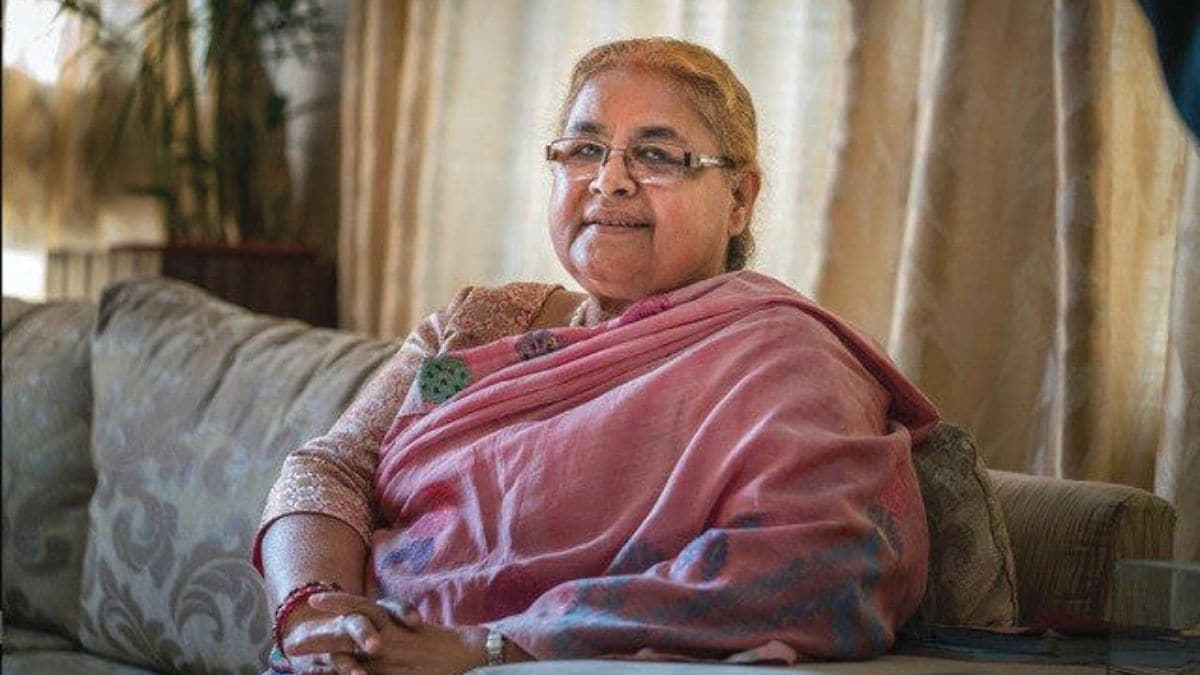
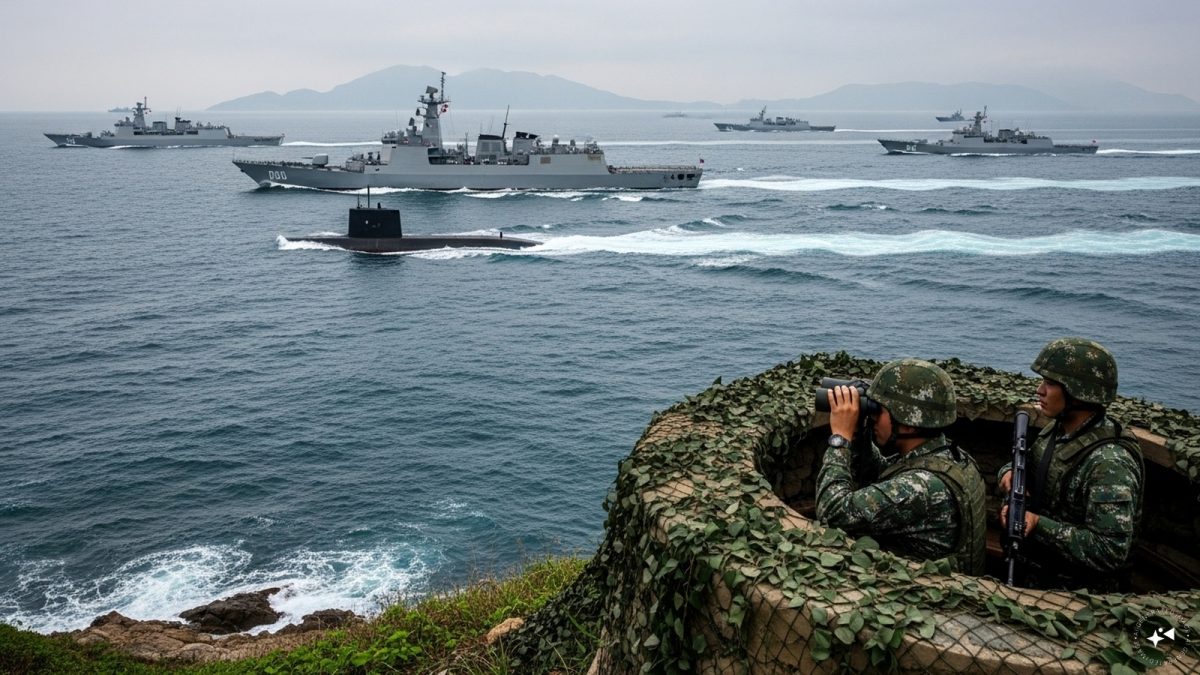)
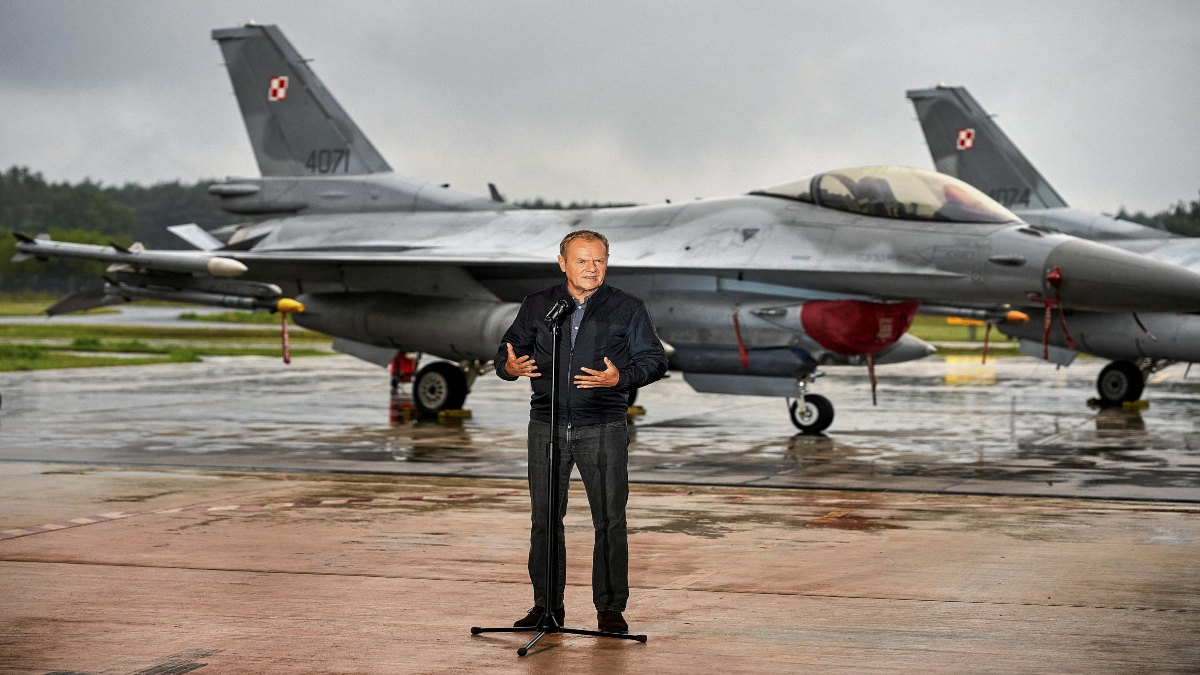)
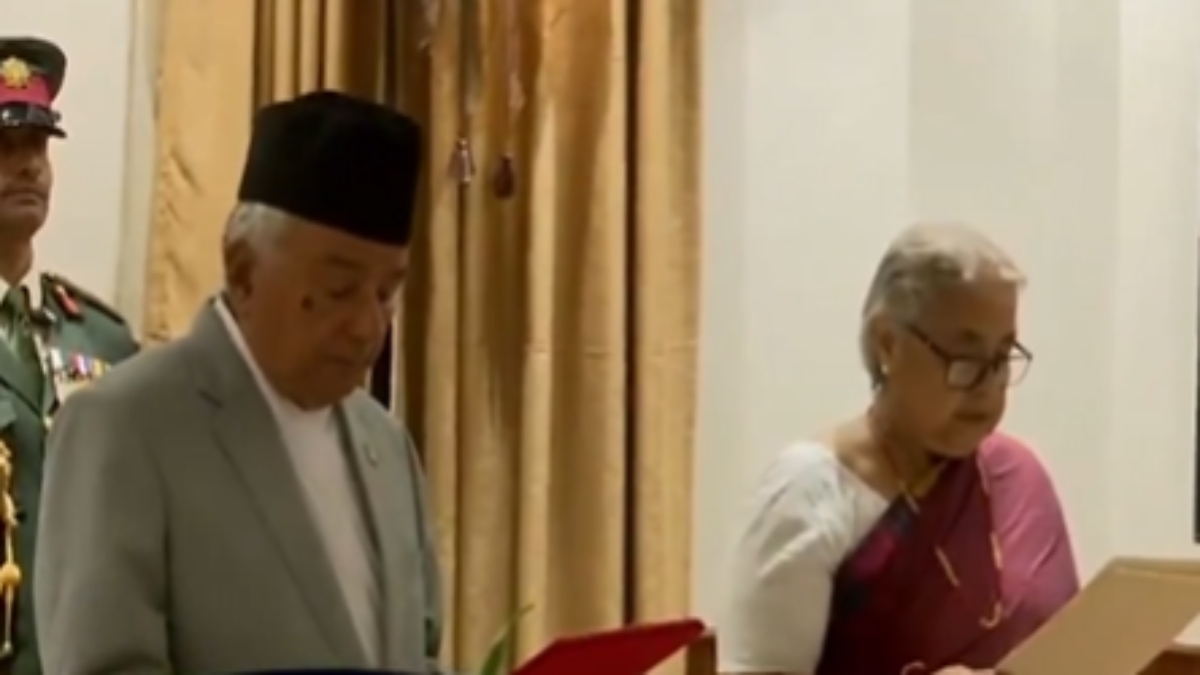)
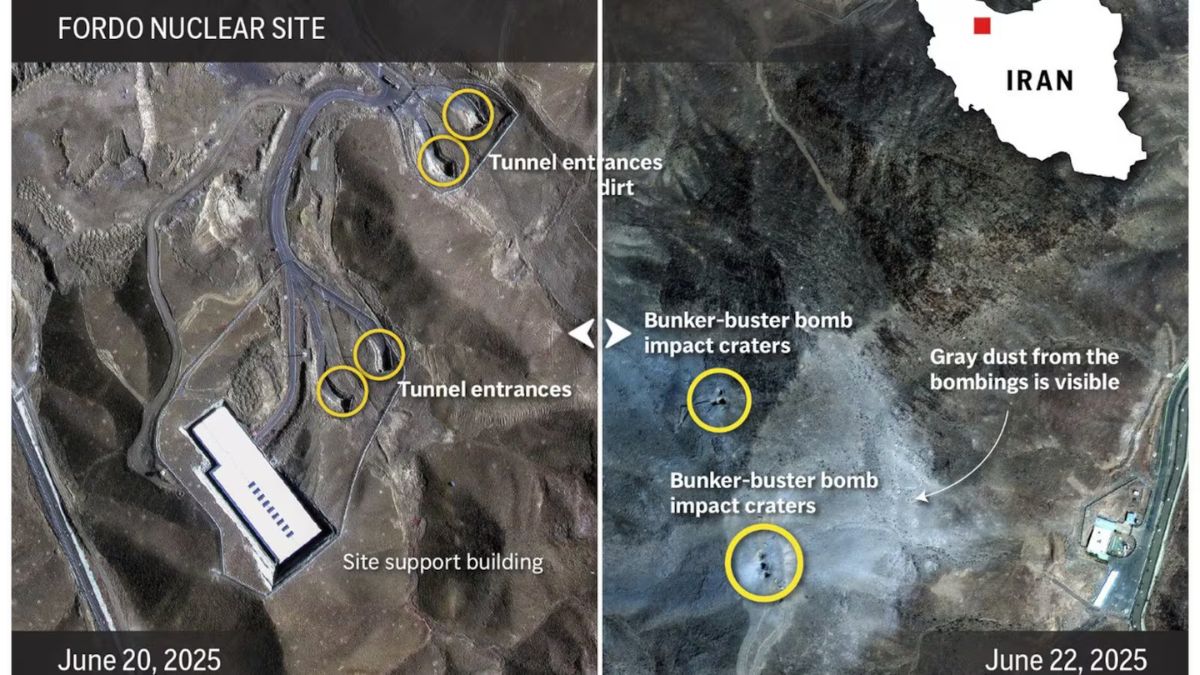)
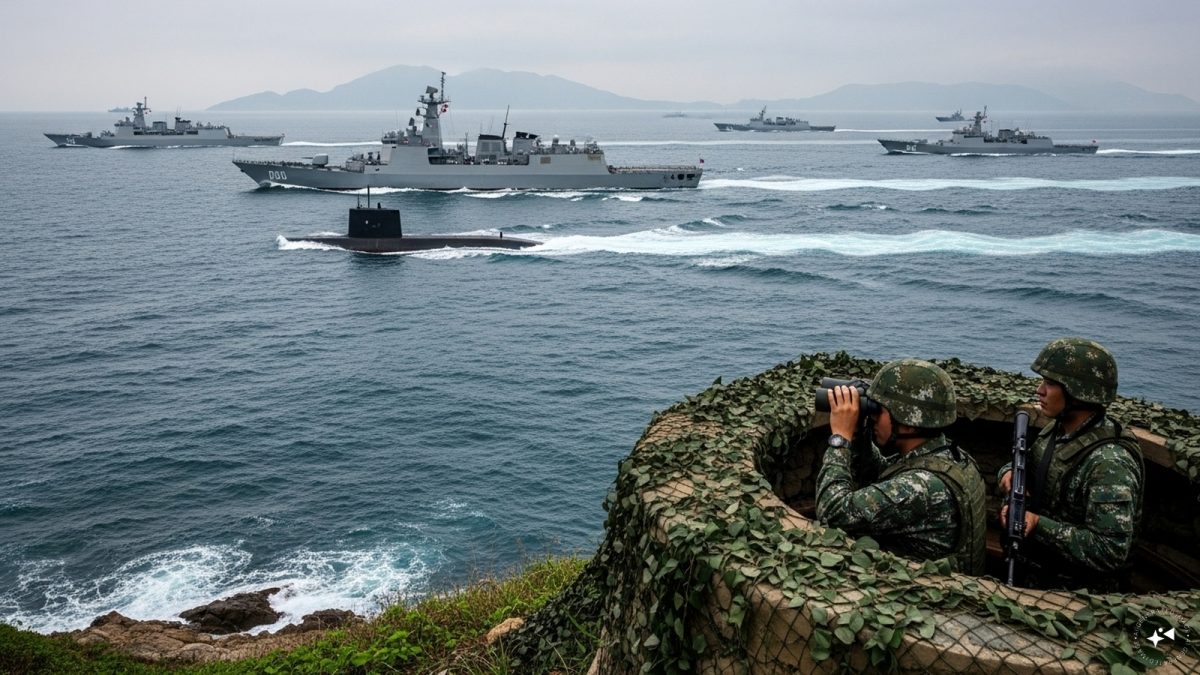)
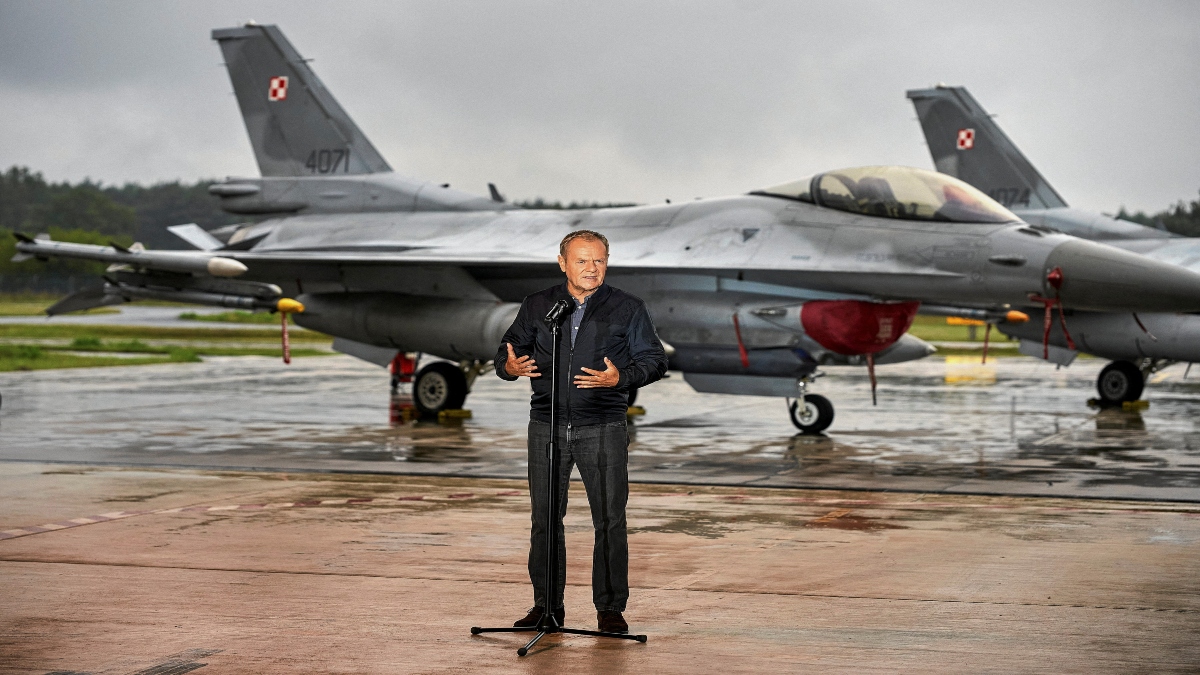)
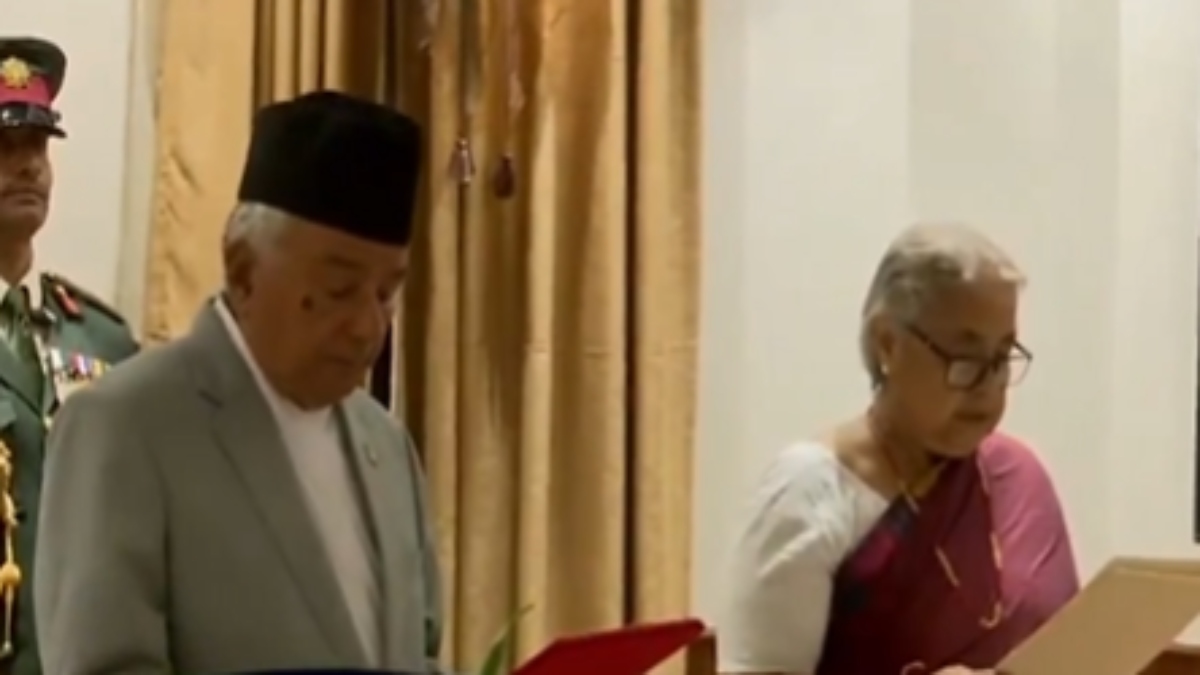)
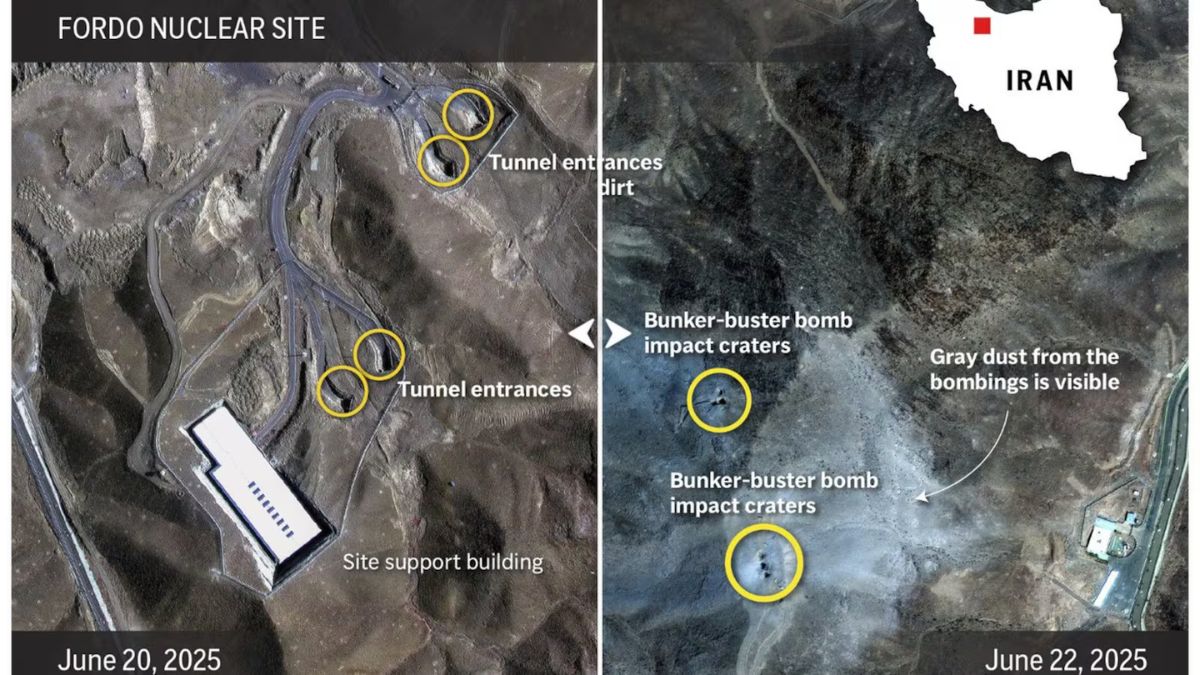)



